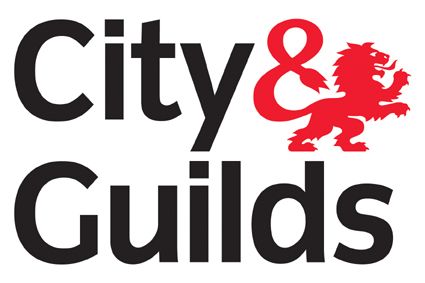Finding Employment
At some stage during your apprenticeship or career you may become unemployed and searching for a new job can be a time consuming and daunting task. Making a plan before you start job hunting can make things easier and will also help you focus on what you really want from your career. You shouldn’t expect anyone else to look after your career for you but being self-reliant doesn’t mean doing it all on your own, it’s about making good use of the resources available to you.
Understand what you have to offer
Think of the skills and experience you have to offer, show how these make you perfect for the job you are applying for and present them fully on your Curriculum Vitae (CV). Your CV is often the key information an employer will have to make that all-important initial judgement on you so it needs to be the best you can make it. For guidance on CV Building and to download an ETT CV Checklist – click here.
Know where to find jobs
Advertised jobs tend to be easy to find, they offer a defined job role and the employer is usually clear about what they are looking for in their applicants. The disadvantage is that their high visibility means a lot of competition, and while job seekers spend most of their time applying for advertised jobs, in fact they only account for a small proportion of vacancies which are filled each year.
So where can you find advertised jobs?
- Newspapers – both local and national e.g. The Belfast Telegraph
- Internet Recruitment Sites – Job Centre Online is updated regularly with new vacancies across the province
- Company Websites – these often have a vacancy/job section
- ETT’s free Find a Vacancy or Upload Your Profile services
Unadvertised Vacancies
Currently, around 60% of jobs are being filled without being advertised. To make the most of these opportunities you should make contacts, they can let you know when there is a position available. You can also directly approach employers with your CV, the more proactive you are, the greater your likelihood of success.
Make connections
Ask around if anyone you know is aware of any employers who are hiring or likely to be hiring people with your qualifications and skills. Consider making connections with:
- Current and ex-colleagues, managers, suppliers, customers etc
- Friends, family and neighbours
- Community groups in which you are involved e.g. church, school etc
- Educational contacts: Tutors, Colleges, ETT Training Officers
Do your research
Read the job description and person specification carefully, look at the employer’s website and find out all you can about what the job entails. This will better prepare you for tailoring your CV and preparing for an interview.
Don’t forget – the employer can research you too
Prospective employers can contact your previous employer for references. Some employers will look at your profiles on social networking sites so ensure they reflect you in the best possible way.
Don’t give up
Expect to get rejected from some jobs – there is a lot of competition out there for a small number of vacancies. If your application or interview isn’t successful ask the employer for feedback so you can improve your approach for the next time.



